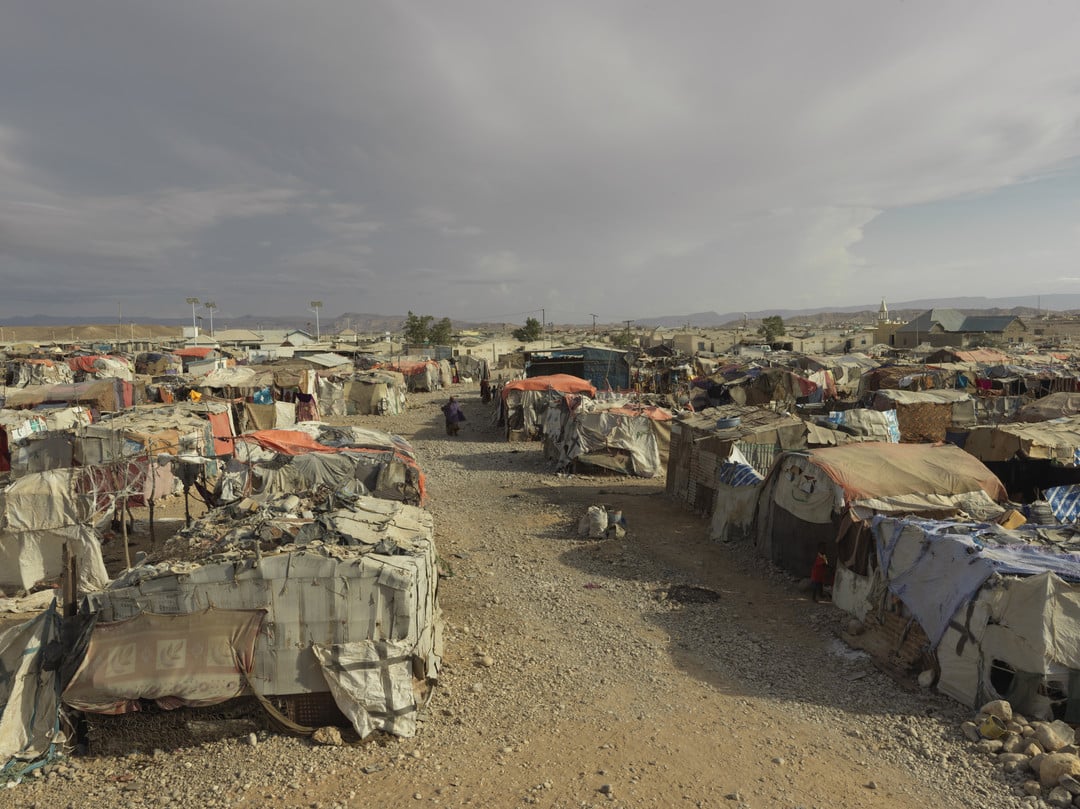Wealthy Nations Fail to Deliver on Climate Finance Promises, Undermining Adaptation Effort
COPENHAGEN — Wealthy countries still fail to deliver the adaptation finance that developing nations urgently need to confront the escalating climate crisis, according to Hollow Commitments 2025, a new report by CARE Denmark.
The analysis of climate finance plans from 27 developed countries, including the G7 nations, finds that only three nations—Denmark, New Zealand, and the Netherlands—explicitly aim to allocate at least 50% of their climate funding to adaptation, as set forth in the Paris Agreement. Most other wealthy countries fall dangerously short of this commitment.
Despite repeated promises and pledges made in the Glasgow Climate Pact to double adaptation finance by 2025, CARE estimates that bilateral adaptation support will reach only $12 billion—just 30% of the $40 billion target—and could drop to $10 billion by 2026 due to projected aid cuts. This forces vulnerable countries—already burdened by heavy debt—to seek costly loans from multilateral development banks (MDBs), driving them deeper into indebtedness.
John Nordbo, senior climate advisor from CARE Denmark and one of the report’s authors said: “It is outright irresponsible. Adaptation isn’t a policy choice—it’s a lifeline for the 40% of the world already hit hard by climate change. Extreme weather events are escalating, but wealthy countries are breaking their promises, leaving vulnerable communities to face floods, droughts, and rising seas alone, as they contribute the least to the crisis. Without concrete plans and funding, lives and livelihoods hang in the balance.”
The UN estimates developing countries need $300 billion annually for adaptation—yet the current pace of delivery is nowhere near sufficient. Worse still, most countries provide no clear targets, timelines, or implementation plans for adaptation, making finance unpredictable and unreliable for frontline communities.
“With COP30 on the horizon, CARE is calling for a credible ‘Baku to Belém Roadmap to $1.3 trillion’ that sets out how wealthy nations will meet their obligations—not just for adaptation, but also for mitigation, and loss and damage,” stated Obed Koringo, CARE Denmark’s climate advisor. “The Global South needs more than promises—it needs predictable, transparent, and equitable funding pathways. Climate justice demands it.”
Other key findings:
● Climate finance set to fall: The U.S. withdrawal from the Paris Agreement means a loss in around $11 billion in climate finance a year. The other 26 developed countries are expected to provide around $45 billion in bilateral support for mitigation and adaptation in 2025. This amount is likely to fall by about 10 percent from 2025 to 2026 due to cuts in development assistance.
● Only eight countries have set climate finance targets beyond 2025 and just one— Luxembourg—commits to make contributions additional to official development aid.
● Not a single wealthy nation has set a target for loss and damage finance.
● While developed countries focus on scaling up private climate finance in the global climate negotiations, their own climate finance plans lack details on how to achieve this.
Only three countries have some kind of quantitative target for their mobilisation efforts. Without urgent action, Hollow Commitments 2025 shows that the new global climate finance goals for 2035 are likely to become just another set of empty promises.
Note to editors
Media Contact:
Monica Ellena – CARE Climate Justice Center – Global Communication Lead
ellena@careinternational.org
Wealthy Nations Fail to Deliver on Climate Finance Promises, Undermining Adaptation Effort
CARE’s 2025 Bonn Climate Change Conference Press Release
